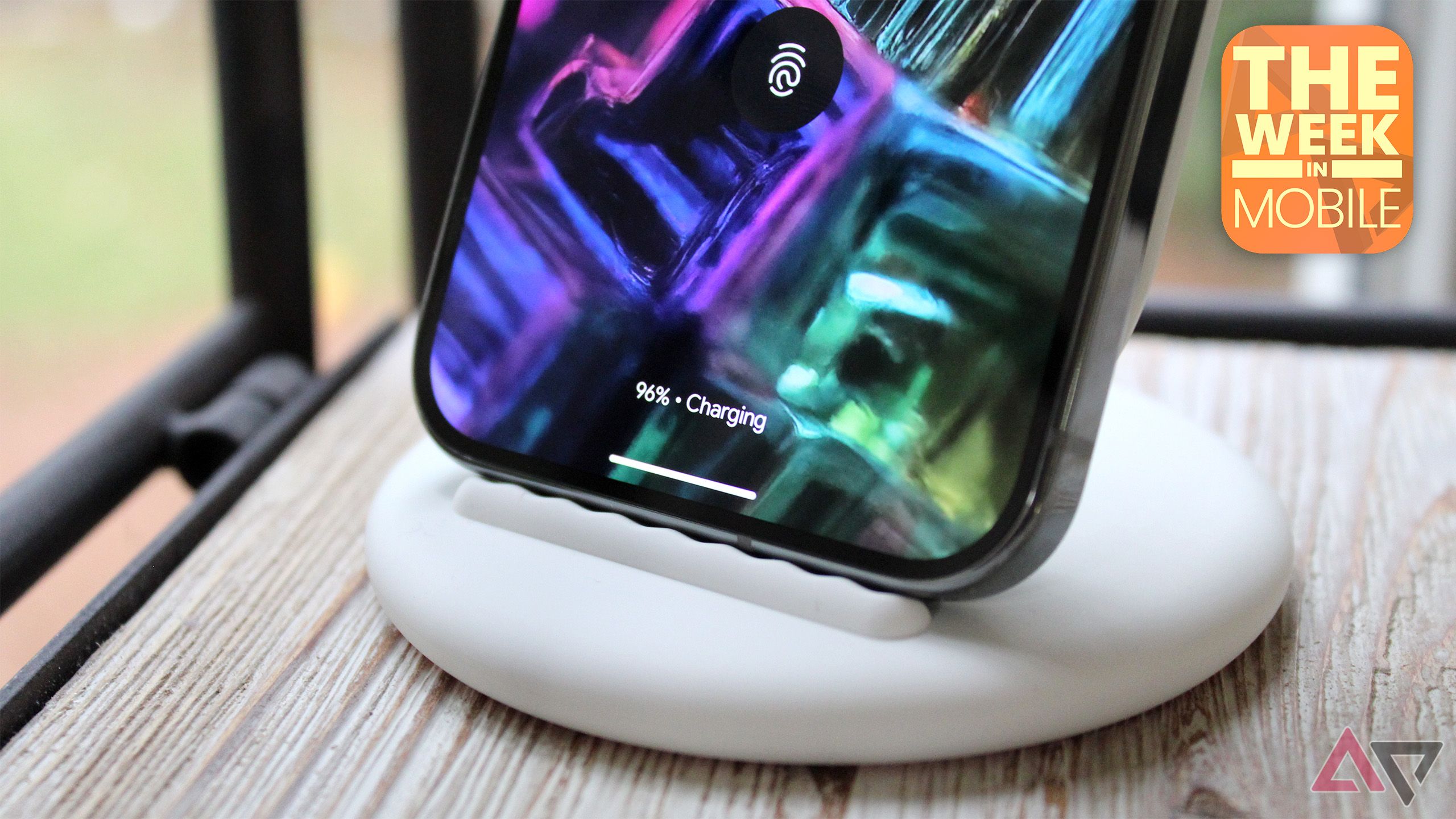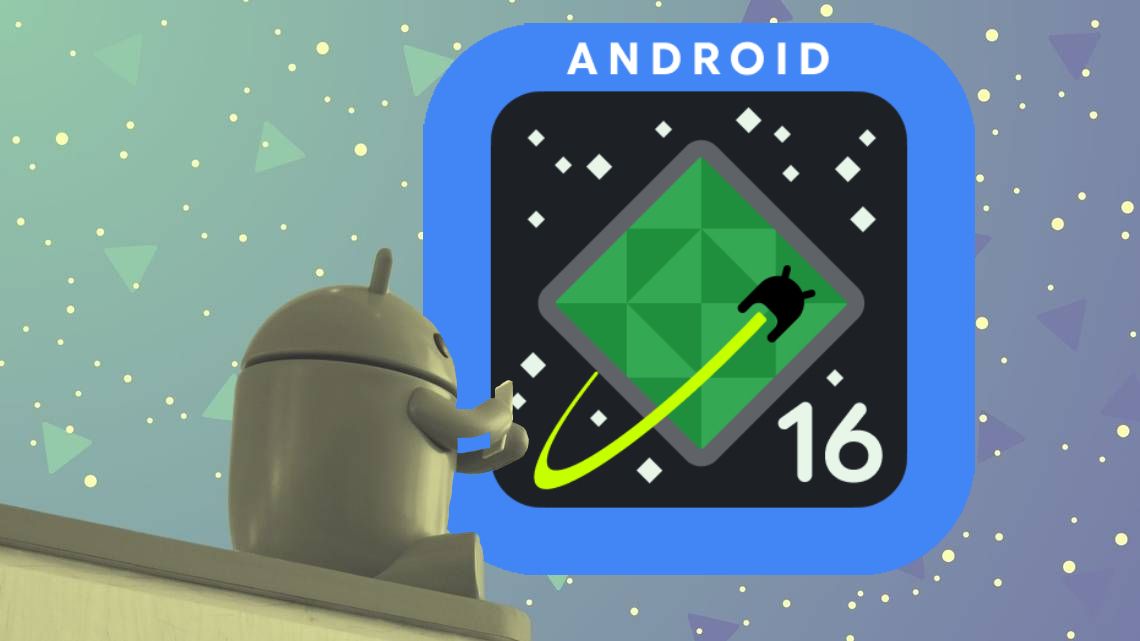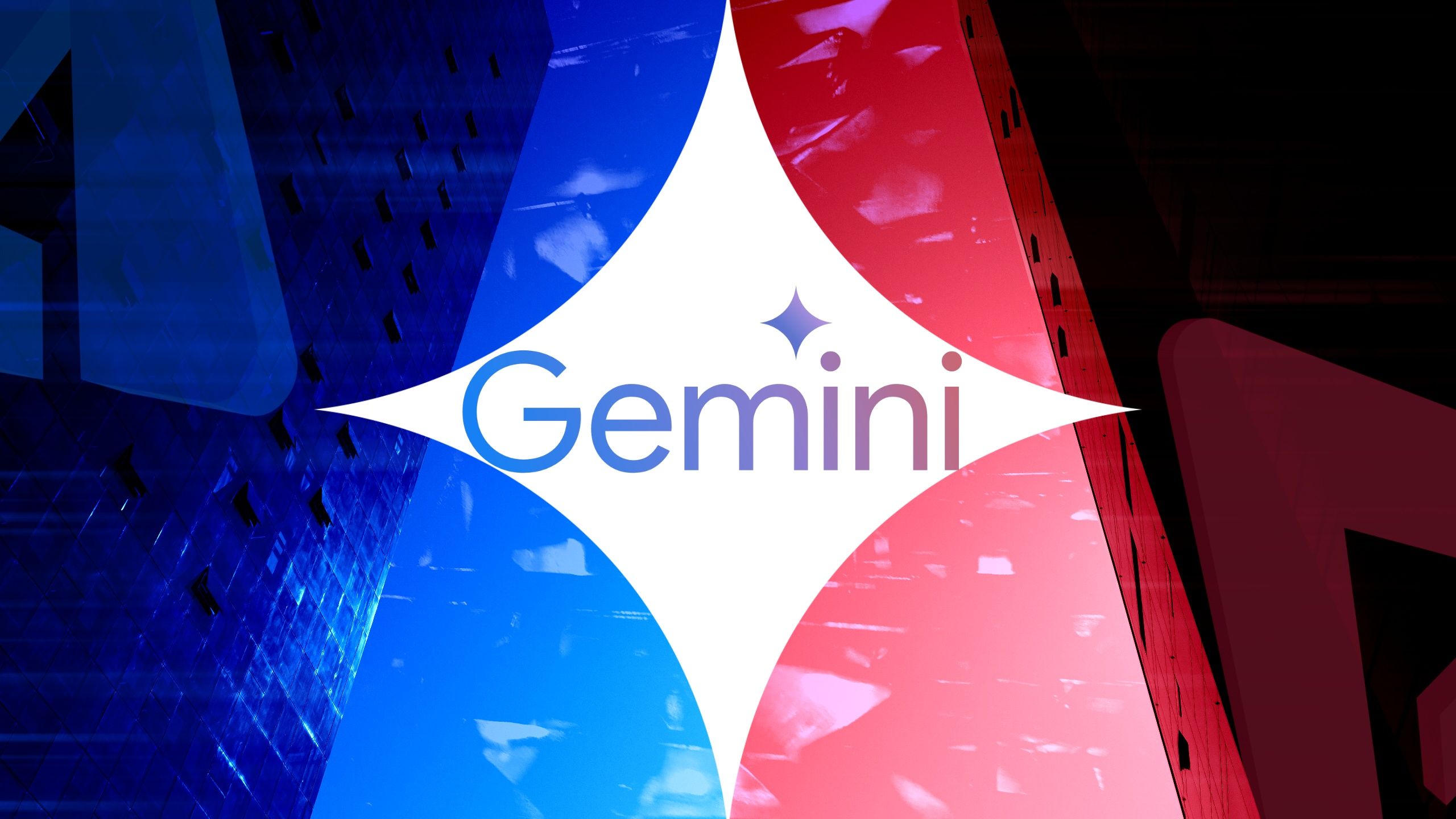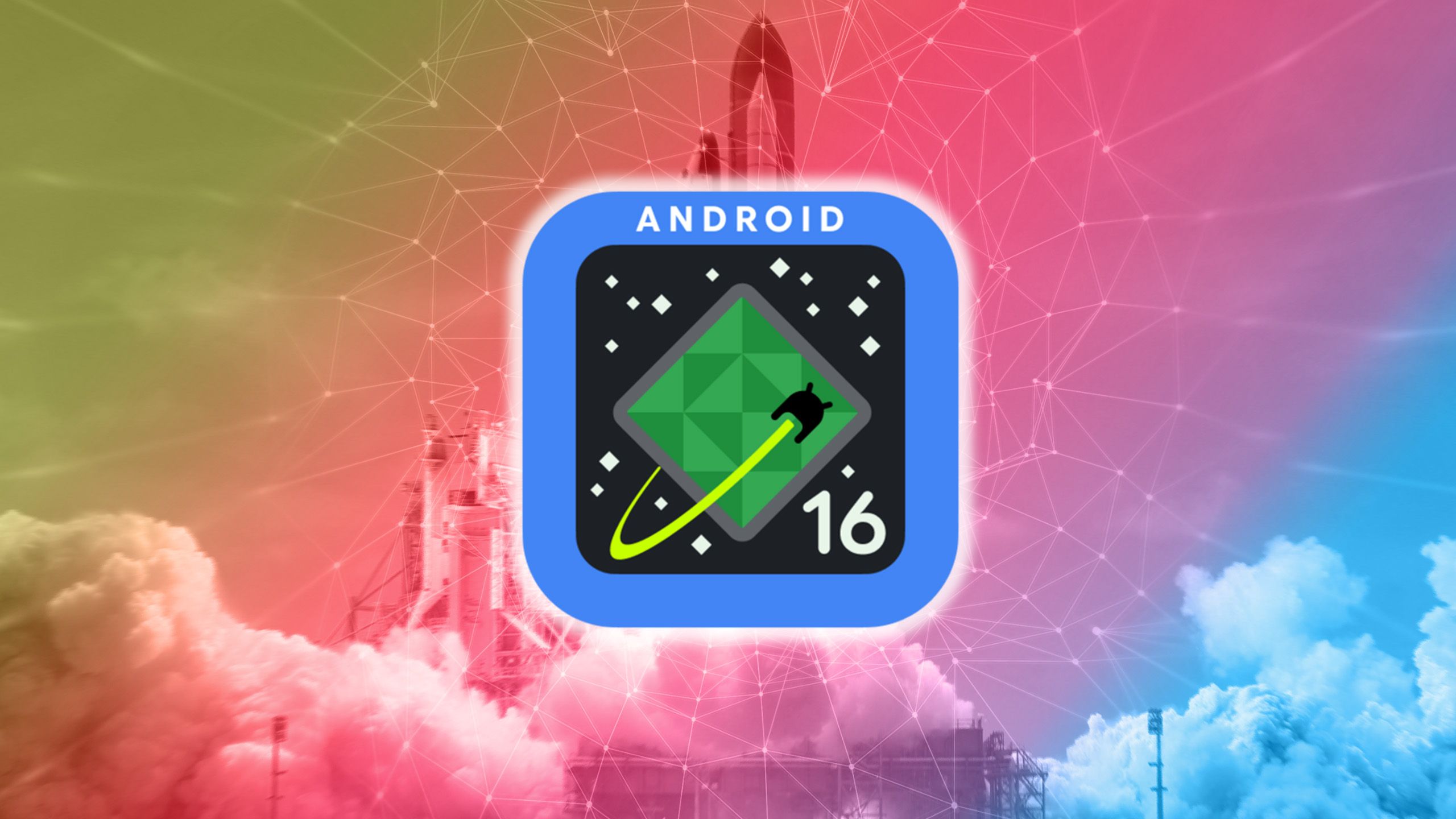With the holidays actively upon us, you’d think there wouldn’t be much Android news this week — but somehow, the calendar had the opposite effect. With only days left until Q1 2025 is underway, major players like Google, Samsung, and OpenAI apparently felt the need to give us something to remember them by as we unplug from our usual schedules.
Google surprised us with three updates to pre-release Android builds this week, ranging from the next Pixel Feature Drop to Android 16. Meanwhile, it’s clear that Samsung is just bursting at the seams to show us its next flagship phones, because the Galaxy S25 leaks were flowing like water, and we even got a date to circle in January. The two biggest names in AI had some time in the spotlight, too, so the week in mobile truly was a busy one.

Last Week’s Roundup
Android goes virtual and Google gives Pixels a practical new power in last week’s news
And does Gemini’s rise mean the demise of ‘OK Google’?
The Android dev team ties up loose ends before the holiday break
Any week that sees three major Android releases is a fun one, but like presents under a tree, some updates are more exciting than others. In the stocking stuffer category, Google released a build of Android 15 QPR1 for people who had opted in to test the December Pixel Feature Drop and didn’t want to stay on the beta channel indefinitely. Now, those users can update their Pixels to the stable channel by accepting the OTA.

Related
Android 15 QPR1 Beta 3.1 users can now exit beta without wiping their device
This will take you to the December 2024 security patch
Google had a nice, practical gift for those still in the beta program, releasing Android 15 QPR2 Beta 2 with stability improvements as the travel season kicked into high gear. The update, which went out to most people enrolled in the Android Beta Program, fixed a laundry list of bugs in what will eventually become the March 2025 Pixel Feature Drop.
But the big box under the tree was definitely Android 16 Developer Preview 2. Sure, some Ikea-level assembly is required to install it, and yes, it’s still intended solely for developers to test their apps on the new OS. But this second version gave us our first good look at what Android 16 is all about, revealing some of the user-facing changes that will define this release.
The user-facing side of Android 16 starts taking shape
Even before Android 16 DP2 came out, AOSP code expert Mishaal Rahman was following breadcrumbs suggesting that Android 16 will debut an automatic categorization system for notifications. A new Settings menu called Bundled notifications was uncovered, showcasing options that would group alerts together under categories like Promotions, News, Social, and Recommendations.

Related
Android 16 could bring order to your chaotic notification panel
Another notification-related improvement
Throughout the week, other Android 16 details trickled in, like Google Keep potentially becoming a system app with the update. And with AI tools like Google’s Help Me Write becoming more prevalent, it seems like Android 16 will let apps define text fields that should be hidden away from AI helpers for security reasons. In a similar vein, apps like Instagram and Snapchat appear to be in for some Night Mode photography improvements.
But even more user-centric Android 16 changes were revealed in the last seven days. Google’s take on the new Unicode 16.0 emojis is now live on Developer Preview 2, revealing highlights like “Face with Bags Under Eyes” and “Fingerprint.” On that last note, the most exciting user-facing change spotted was a new setting that allows Pixel 9 users to unlock their phones with the screen entirely off — no always-on display needed for fingerprint access.

Main Story
Android 16 makes the Pixel 9’s ultrasonic fingerprint sensor even easier to use
New screen-off fingerprint unlock feature is crazy fast
The Galaxy S25 is just days away, and the influx of rumors shows it
We’ve now heard from a very reliable source that the Galaxy S25 series will be unveiled on January 22, which is thought to be the same day Samsung will unleash a more powerful Bixby assistant. At the event, we’re expecting to see the S25, S25+, and S25 Ultra, and all three models were the subjects of rumors this week.
Though we’ve seen all three models in various leaks before, we’re now hearing that the base Galaxy S25 will get a massive RAM boost, likely to help with AI tasks. We also saw live hands-on images of the Galaxy S25+, showcasing a very familiar design from all angles. And while we had seen some color options before, a new leak covered the manufacturing volume for each shade on the Galaxy S25 Ultra, giving us a glimpse of what Samsung thinks will be the phone’s most popular colorways.
Gemini goes through an experimental phase
When Google announced Gemini 2.0 last week, we were a little underwhelmed, if only for the lack of availability. At the time, only the most lightweight model was available, and even then only on desktop and the mobile web. This week, the Gemini app for Android finally got a drop-down menu for selecting a different model, and the first new entrant was 2.0 Flash Experimental, making it available in the app only days after its web debut.
But Google didn’t stop there. Later in the week, an experimental version of Gemini 2.0 Advanced debuted, again on the web before the mobile app. While this version is Google’s most capable model, it’s only available for paid Gemini users (and those who got free access with their Pixel 9 Pro, of course). Then, towards the end of the week, Google released yet another new experimental Gemini model — this time, one that can reason with you.

Main Story
Google’s most advanced Gemini 2.0 model is finally here, but not for everyone
Your Pixel’s free subscription might come in handy
Now even rotary phones have a better digital assistant than Siri
Siri got a big update with iOS 18, but let’s be honest — it’s still well behind options like Gemini, with most iPhone users saying they see little to no value in Apple Intelligence, as many haven’t noticed the upgrades it brought to the digital assistant. Meanwhile, though ChatGPT may not have the ecosystem connections of a first-party tool from Apple, it still fills many of the same needs as Siri while being capable of much, much more.
This week, ChatGPT came to landlines with a new toll-free number (1-800-CHATGPT, believe it or not) that you can call from any phone to talk to the AI. People in the US will get 15 free minutes of time each month to access the tool, at least to start. OpenAI used that same phone number to create a business account on WhatsApp, so you can also chat with GPT on the platform if you’re not loving Meta AI.






